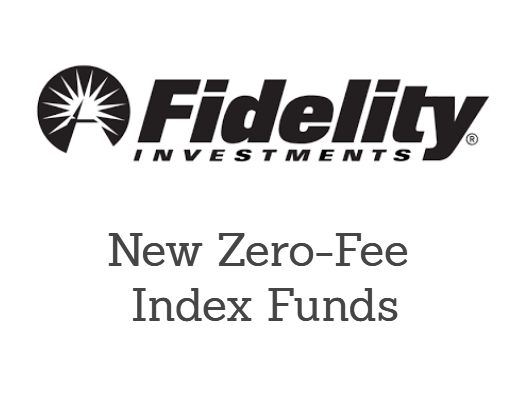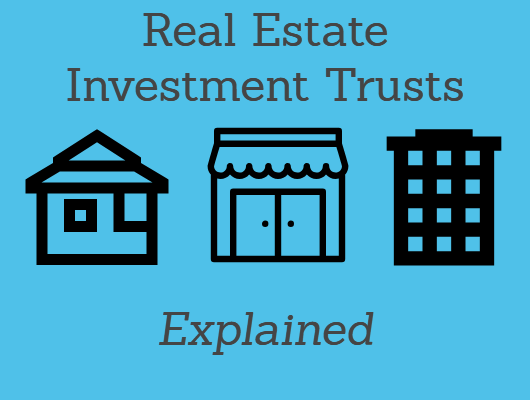It’s a common question: Does it make more financial sense to pay off your mortgage faster by making additional principal payments, or invest those funds in your 401(k)? The simple answer is to choose the option that with gives you the highest return on investment and leave you with the most money in retirement.

At first, paying off your mortgage early seems like the smart choice. Many people will want to use a Mortgage Calculator App to estimate your loan amount and interest rate. After all, once you’re not paying hundreds or thousands of dollars every month toward your mortgage payment, you’ll have more money to save for retirement. Unfortunately, this simple scenario does not take into account three important facts.
#1. Time
The longer you invest, the more your money can grow. Getting an early start at retirement investing allows you to take advantage of the power of compounding returns – reinvesting your earnings to create a snowball effect with your gains. Barring a major loss, more years of saving means more money available by the time you retire. It also allows you more time to survive losses, giving you more freedom to try higher risk/bigger reward investments.
If you delay retirement investing until after you pay off your mortgage, you’ll miss out on years of compound returns that you won’t be able to make up, even with increased contributions later.
There are also limits to how much you can contribute to a 401(k) or other tax-deferred retirement plans. For 2016, the maximum you can contribute to a 401(k) is $18,000, plus an additional $6,000 catch-up contribution if you are age 50 or older. If you don’t take advantage of contributing up to that limit each year, you can never get that opportunity back.
#2. Liquidity
Too often, financial counsellors find themselves talking to retirees with paid off houses and no money. Having a paid-off house is great, but the only way to get money out of a house is to sell it or borrow against it.
Fidelity estimates that retirees will need around $245,000 to pay for medical expenses in retirement. You may find yourself needing to tap into assets to pay for medical expenses and other unforeseen expenses in retirement. If your family home is your only asset, you’ll have to either sell the home or borrow against it using a home equity line of credit or a reverse mortgage.
Given the uncertainty of heath care costs, it may not be wise to tie up all of your assets in such an illiquid investment.
#3. Low Interest Rates
Given today’s low interest rates, it might make better sense to hold on to your mortgage, since the cost of borrowing the money is relatively inexpensive.
Writing for MarketWatch, Paul Merriman analyzed the returns of the S&P 500 from 1928 through 2014. During that time, “the S&P 500’s compound rate of return was 9.8%, enough to transform a $100 investment at the start of 1928 into $346,261 over 87 years.” He also analyzed every 40 year period during that time and noted that “the worst performing period yielded a compound return of 8.9%. The best was a compound return of 12.5%.” Conversely, you may be paying just 3% – 4% interest on your mortgage.
If your employer offers a 401(k) match and you are accelerating payments on your mortgage at the expense of maxing out your retirement account, you are missing out on even bigger returns. Consider this scenario: The interest rate on your mortgage is 3.6%. Your company offers a match of half of every dollar invested up to 6%. If you are contributing any less than 6% of your salary to your 401(k), you’re missing out on a 50% return on your investment to avoid paying 3.6% interest. Ouch!
Still not convinced? Compare your mortgage interest rate to the after-tax rate of return on an investment such as a high-quality, tax-free municipal bond with a similar term to determine whether investing the funds makes better sense than paying off the mortgage.
For some people, it’s not about the numbers. If you just don’t like debt, you may be motivated to pay off that mortgage no matter what kinds of calculations you run. After all, paying off your mortgage gives you an incredible sense of freedom and eliminates probably the largest payment monthly payment you’ll ever make. That’s ok. It’s possible to do both. Max out your retirement contributions first and foremost and if you have any money left over, put a few extra dollars toward your mortgage every month. You’ll be able to pay off your mortgage at least a few years earlier than planned and you won’t have to choose between selling the house and eating.


